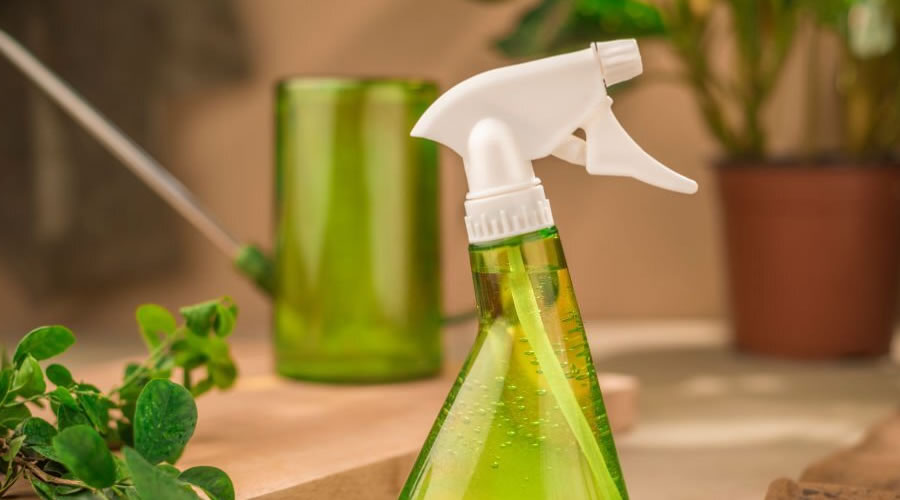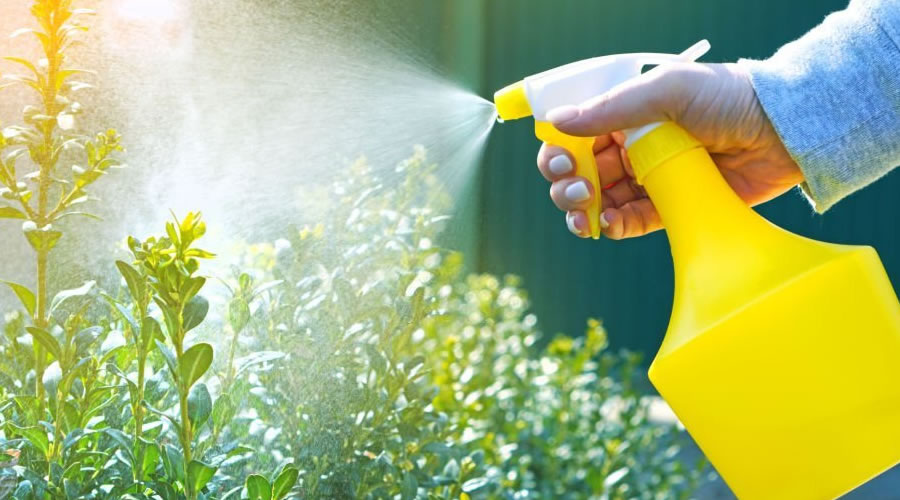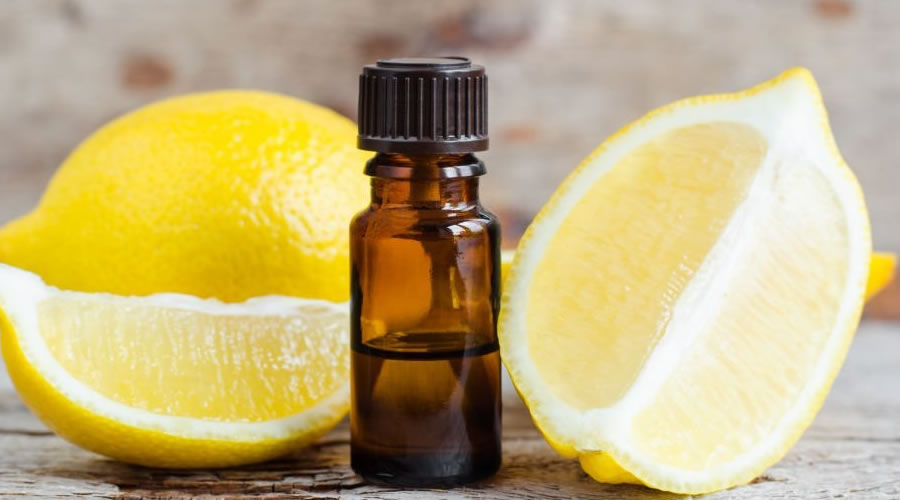Natural Pest Control – Top 10 Tips
Natural Pest Control Guide
Pests are an unfortunate reality of living in southern Australia. Because of the diseases and damage that pests can do to you and your loved ones, it’s important to treat them. However, traditional pesticides are terrible for the environment and pose health risks through exposure.
Instead of harming the environment or yourself with traditional pesticides, try out natural pest control options instead. Natural pest control substances will help to mitigate any unwanted visitors without causing any unwanted repercussions either.
Environmental Impact of Pesticides
Pesticide is terrible for the environment. Although you might think that using a small bottle of pesticides in your home isn’t dangerous, it is. Toxic chemicals used to kill pests are responsible for a number of terrible side effects for the environment, including:
- Organic pollutants
- Air pollutants
- Water pollutants
- Soil pollutants
- Decline in bee, bird, amphibian, and fish populations
Health Risks Associated with Pesticide Exposure
As though the environmental impact of pesticides was not bad enough, pesticides have been proven to have numerous health risks. Many chemicals used in pesticides are carcinogens, endocrine disruptors, immunity suppressors, and outright poisonous if ingested. They can also cause respiratory problems, skin reactions, and other serious side effects.
Natural Pest Control Tips – Top 10
To avoid the environmental impact and health risks associated with pesticide exposures, try out these natural pest control tips instead:
Keep Your Home Clean
Many pests come inside your home because there is an abundance of food. This does not just include food in your cabinet. It also includes dust, other dead insects, and even your dead skin cells. Keeping your home thoroughly cleaned will be able to remove these food sources. It will also kill any bugs and eggs that are already in your home.
Seal Up Any Gaps
Pests get into your home through small gaps on the outside of the house. By sealing up any gaps, pests will not be able to get inside your home in the first place. Check around the foundation, siding, windows, and door frames and fix the gaps accordingly.
Fix Torn Window Nets
Bugs can also get in through window nets that are torn or not properly installed. Every spring, it’s a good idea to inspect the mesh screen to ensure they are in working condition. If you detect any rips or issues, fix or replace them.
Clean Up Standing Water
Insects are attracted to areas with a lot of moisture. If there any pools of water in or around your home, you are more likely to have a bug problem. Clean up all standing water. If you have a perpetual problem with pooling water, you might need to be creative to prevent this from happening.
Invest in a Dehumidifier
To further make your house uninhabitable for pests, invest in a dehumidifier. A dehumidifier will remove excess moisture and humidity from the air. Since insects love humidity, the dehumidifier will make the air less hospitable for them.
Store Food Properly
Certain insects, such as ants, come in because they can detect sugar and food. For this reason, make sure you always store your food properly. Proper storage includes keeping all food, including pet food, in sealed containers.
Dispose of Garbage Frequently
Even though garbage smells disgusting to us, it is the perfect feast for many insects. Make sure you dispose of your garbage frequently. If you let it sit there, insects, rodents, and other pests will be attracted to your home.
Clean Off Before Coming Inside
Some insects just hitch a ride on your clothing or body whenever you come inside. Brush off your shoulders and body if you have been walking in grass. Thoroughly inspect yourself for ticks in the summer, and make sure your clothes are not infected with bed bugs if you have been traveling.
Use Natural Pest Control Substances
If you need to get rid of pests that are already in your home, you can use natural pest control substances instead of toxic ones. These substances are natural, yet they have been shown to discourage pests from coming anywhere near your house. Here are some of the most popular natural substances:
- Coffee Grounds
- Cloves
- Cinnamon
- Hot Pepper
- Apple Cider Vinegar
- Citrus Oil
- Cedar
- Mint
- Beer
- Cornmeal
- Cucumber
Try Essential Oil Diffusers or Candles
There are certain scents that insects and animals hate. Eucalyptus, cinnamon, cloves, mint, cedar, and anything citrus is often hated by these creatures. Use a diffuser or candles using these essential oils to fill the air with these scents. Be careful when doing this because these oils can be toxic to dogs and cats.
Conclusion
Instead of polluting our environment and exposing yourself to harmful chemicals, opt for natural pest control solutions. The 10 ideas above can help prevent pests from coming into your home and even get rid of them in case they find their way inside.




Leave A Comment
You must be logged in to post a comment.